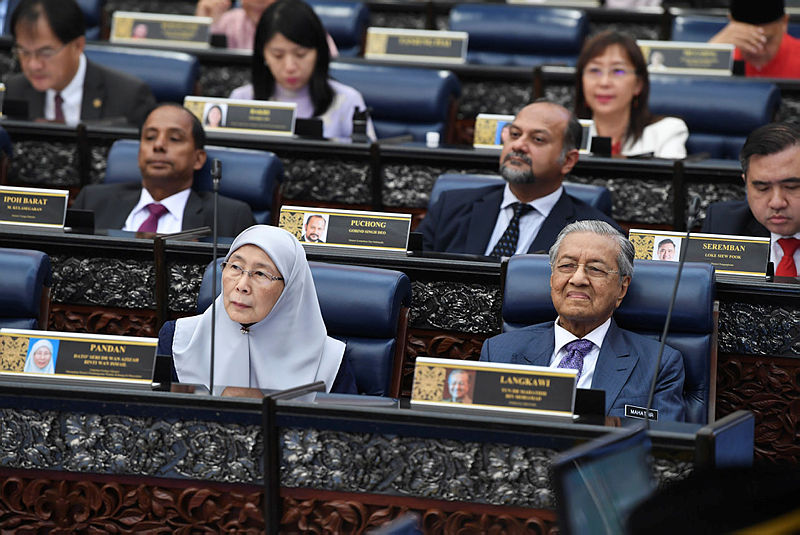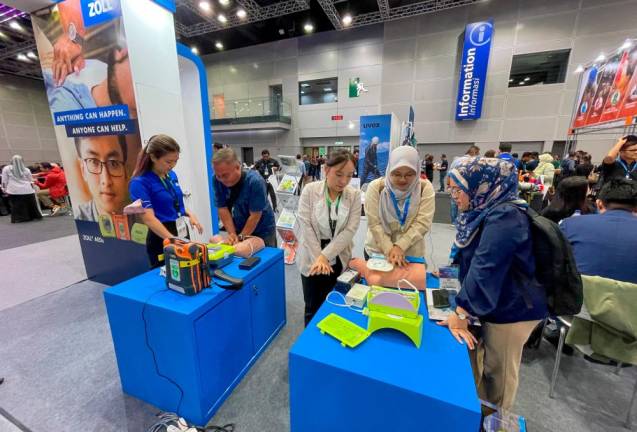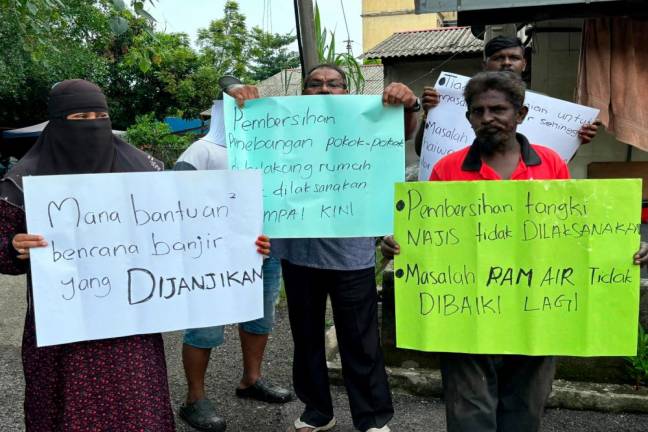KUALA LUMPUR: The 2020 Budget is answering the clarion call of youths, as it is aimed at attracting more investments to push the country into the next frontiers of growth, create new jobs with better wages, while being prudent with the nation’s coffer and ensuring wealth is well distributed in the spirit of shared prosperity.
Unveiled by Finance Minister Lim Guan Eng today in Parliament today, the four thrusts anchor the budget themed, “Driving Growth And Equitable Outcomes Towards Share Prosperity” among which is driving economic growth in the new economy and digital era.
The others are, investing in Malaysia: Levelling up human capital, creating a united, inclusive and equitable society and revitalising public institutions and finances.
To attract targeted Fortune 500 companies and global unicorns in high technology, manufacturing, creative and new economic sectors, the government will make available up to RM1 billion worth of customised packaged incentives annually over five years, Lim said.
This is the second budget being tabled by the Pakatan Harapan government since securing the mandate after the 14th General election.
The budget also make available RM1 billion in customised packaged investment incentives annually over five years to transform Malaysia’s best and most promising businesses into the most competitive enterprises in the global export market.
The government will also provide tax incentives to further promote high-value added activities in electrical and electronic industries to transition into the 5G Digital Economy and Industrial 4.0.
“The Pakatan Harapan government is committed to continuously improving the business climate in Malaysia.
“One of the key reforms to be implemented is the ease of doing business by reducing the number of steps to register a business,” Lim said.
Given that small and medium enterprises will continue to be the nation’s backbone the government will continue to support up and coming entrepreneurs through the SME Bank, which will introduce two new funds, with the government providing an annual interest subsidy of two percent to reduce borrowing costs.
“For SMEs to remain competitive, they must continuously expand their export,” Lim said. — Bernama











